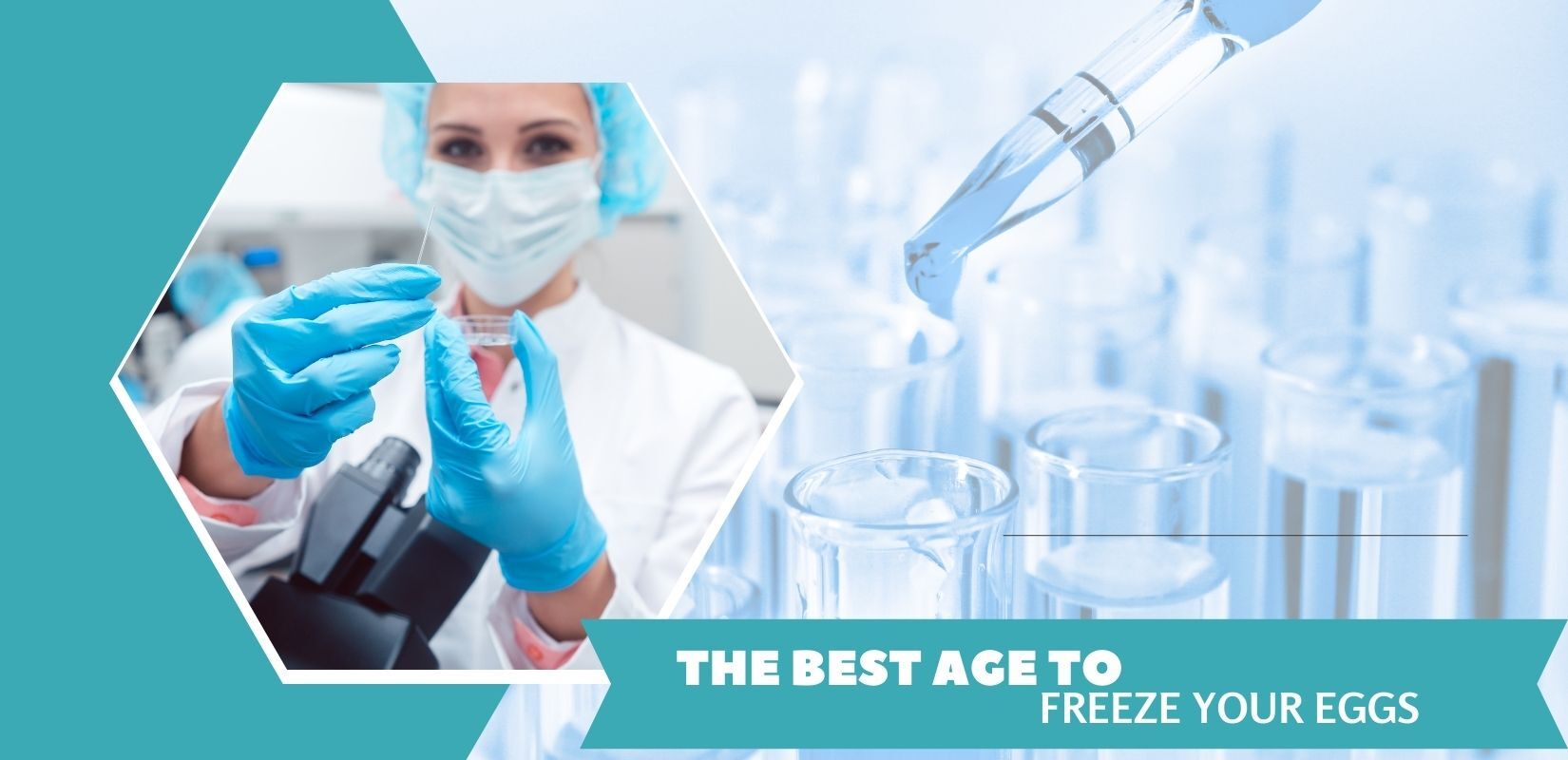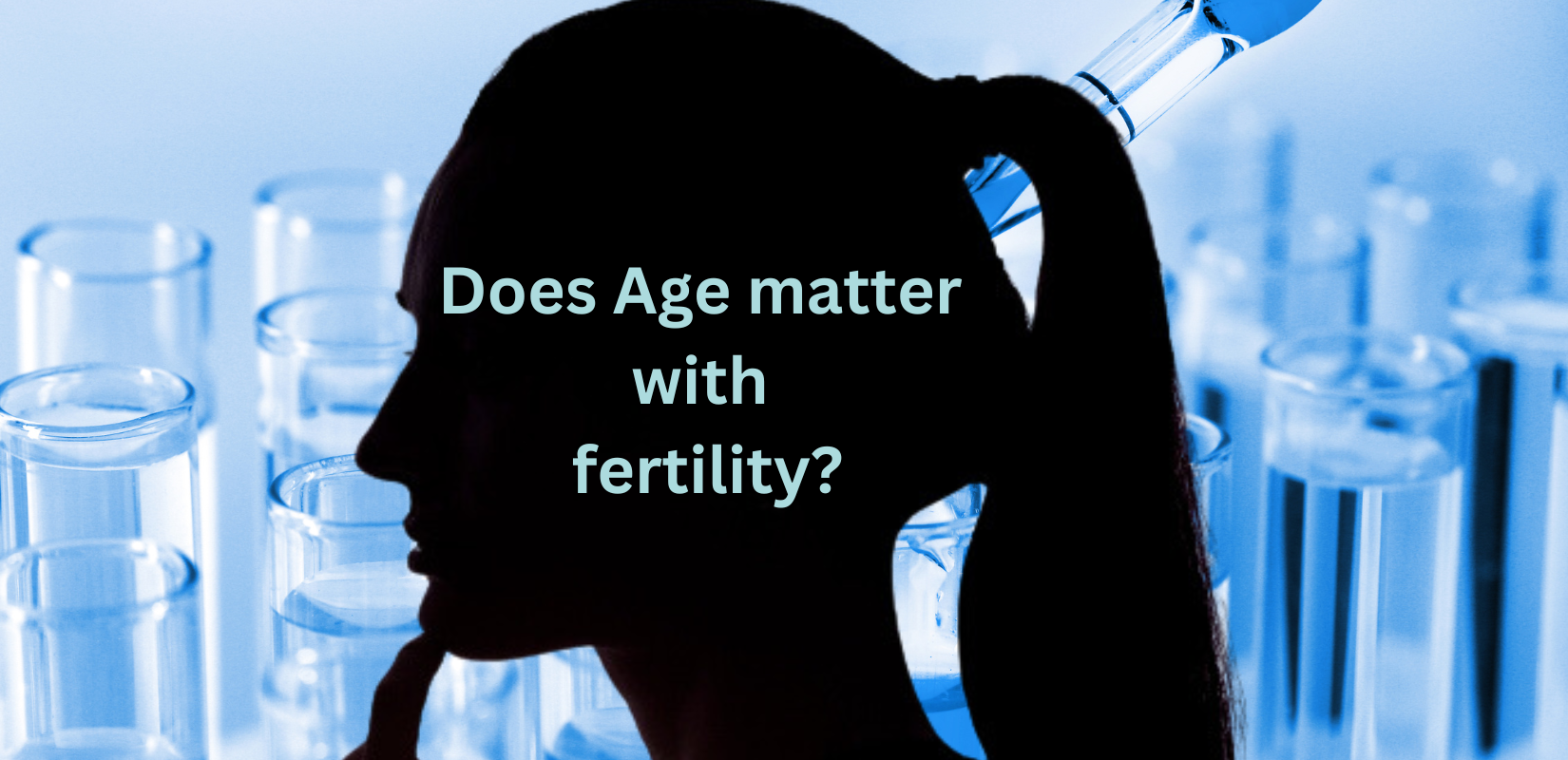
In recent years, there has been an increase in fertile preservation methods, particularly freezing eggs. As women focus on their careers, education, and personal goals, they may have delayed starting a family. It has led to a growing concern about the best age to freeze eggs for future use.
This article aims to discuss the best age for egg freezing, the impact of age on fertility, and the benefits of preserving eggs at a younger age.
While there is no specific minimum age for freezing eggs, it is essential to consider this option before age 35. It is because a woman's fertility decreases as she gets older, and the quality and quantity of her eggs diminish. By freezing eggs at a younger age, women can make it easier to conceive and increase their chances of a successful pregnancy later in life.

Yes, age plays an essential role in fertility. Women are born with a finite number of eggs, and as they age, their eggs' quantity and quality decline. In their 20s and early 30s, women generally have more healthy eggs and a better chance of conceiving naturally. However, as they approach their mid-30s and older, fertility declines rapidly. By freezing eggs at a younger age, women can "pause the biological clock" and possibly improve their chances of pregnancy in the future.
It's important to note that freezing eggs does not ensure a successful pregnancy in the future. The success of using frozen eggs for conceiving depends on various factors, including the age at which the eggs were frozen, the number of eggs obtained, and the quality of the eggs. However, freezing eggs at a younger age generally increases the chances of having healthy eggs for future use.
The benefits of freezing eggs through in-vitro fertilization can be seen in several ways. Firstly, it provides women with the chance to preserve their fertility options and take control of their reproductive health. It can ease the pressure of finding a partner or starting a family before they are ready.
Secondly, freezing eggs can be highly beneficial for women facing medical treatments, such as chemotherapy, that may impact their fertility. Lastly, freezing eggs at a younger age through in-vitro fertilization may lead to better results due to the higher quality and quantity of eggs.
Deciding on the best age to freeze your eggs is a matter of your personal choice. While it is advisable to consider this option before age 35, it's essential to consult with a fertility specialist who can discuss your situation and provide expert advice. Freezing eggs can give women a sense of control and security, allowing them to pursue their goals while preserving the possibility of future parenthood. Remember, the best time to explore fertility preservation options by IVF consultation is when it feels right for you.
Q:1 Is there a specific minimum age requirement for egg freezing?
There is no specific minimum age requirement for egg freezing, but it is generally recommended to consider this option before the age of 35.
Q:2 What are the benefits of freezing eggs?
Freezing eggs allows women to preserve their fertility options, giving them more control over their reproductive health. It can also be beneficial for those facing medical treatments that may affect their fertility.
Q:3 Does freezing eggs ensure a successful pregnancy in the future?
The success of using frozen eggs for conception depends on various factors, including the age at which the eggs were frozen, the number of eggs obtained, and the quality of the eggs.
Your email address will not be published. Required fields are marked *